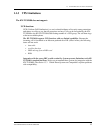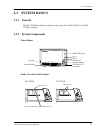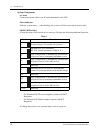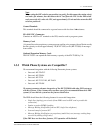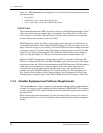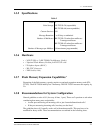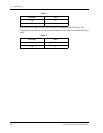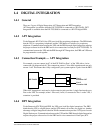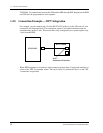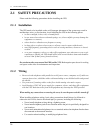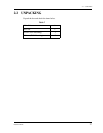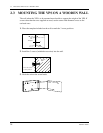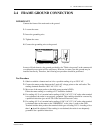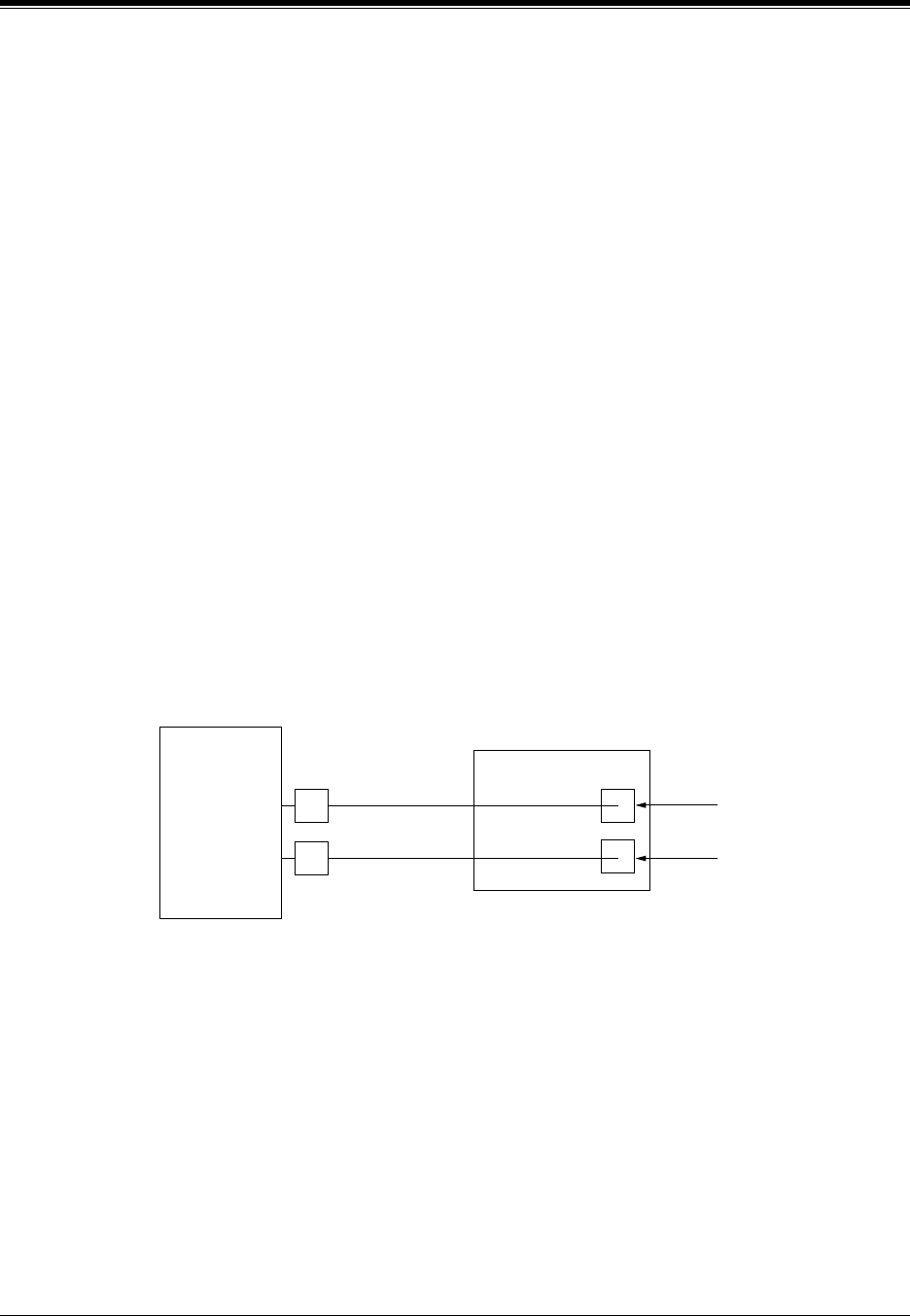
1.4 DIGITAL INTEGRATION
VOICE PROCESSING SYSTEM OVERVIEW
23
1.4 DIGITAL INTEGRATION
1.4.1 General
There are 2 types of Digital Integration: APT Integration and DPT Integration.
APT Integration is available when the KX-TVS50/80 is connected to a KX-TA624. DPT
Integration is available when the KX-TVS50/80 is connected to a KX-TD digital PBX.
1.4.2 APT Integration
To the Panasonic KX-TA624, the VPS ports look like proprietary telephones. The PBX thinks
that the VPS is a proprietary telephone, and the VPS mimics all actions of a proprietary
telephone. Communication between the VPS and the PBX through digital integration requires
the proper software level in the PBX and 4-wire connections for each port (KX-TVS50/80). To
communicate between the VPS and the PBX through APT Integration, the PBX and VPS must
be programmed to work together.
1.4.3 Connection Example — APT Integration
For example, you can connect jack 7 of the KX-TA624 to Port 1 of the VPS with a 4-wire
connection (see diagram below). This connection creates 1 Voice Mail extension and can only
answer 1 call. This means that a fully-configured 2-port system requires 2 jacks from the PBX.
When APT Integration is activated, a single extension jack provides 1 single-line interface at a
Port on the VPS. For example, when 1 line cord (4 wire) is connected to Port 1 on the VPS, 1
extension is provided.
1.4.4 DPT Integration
To the Panasonic KX-TD digital PBX, the VPS ports look like digital extensions. The PBX
thinks that the VPS is a digital phone, and the VPS mimics all actions of a digital set. Another
advantage of digital integration is that the 2B+D communication provides 2 VPS ports for each
Digital Station port. Communication between the VPS and the PBX through digital integration
requires the proper software level in the PBX and 4-wire connections for each port (KX-
KX-TVS50/80
Port 1
Extension 107
7
8
KX-TA624
Port 2
Extension 108



